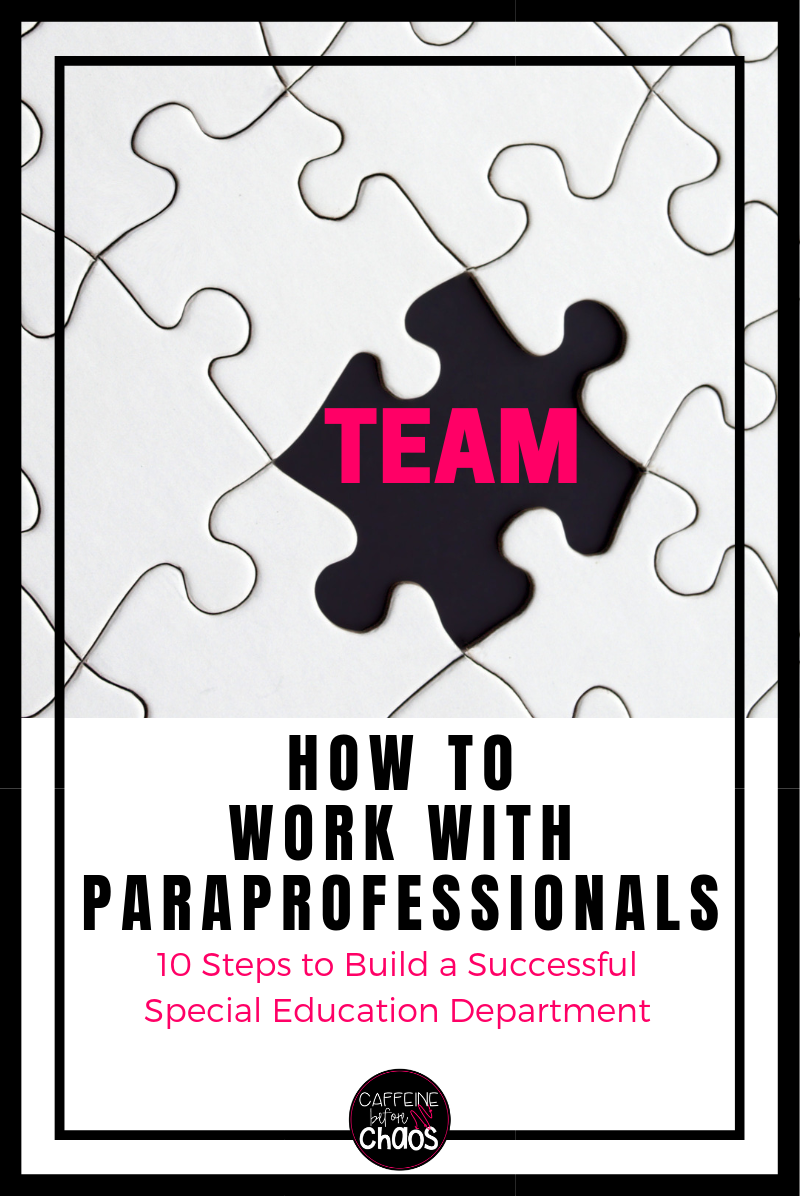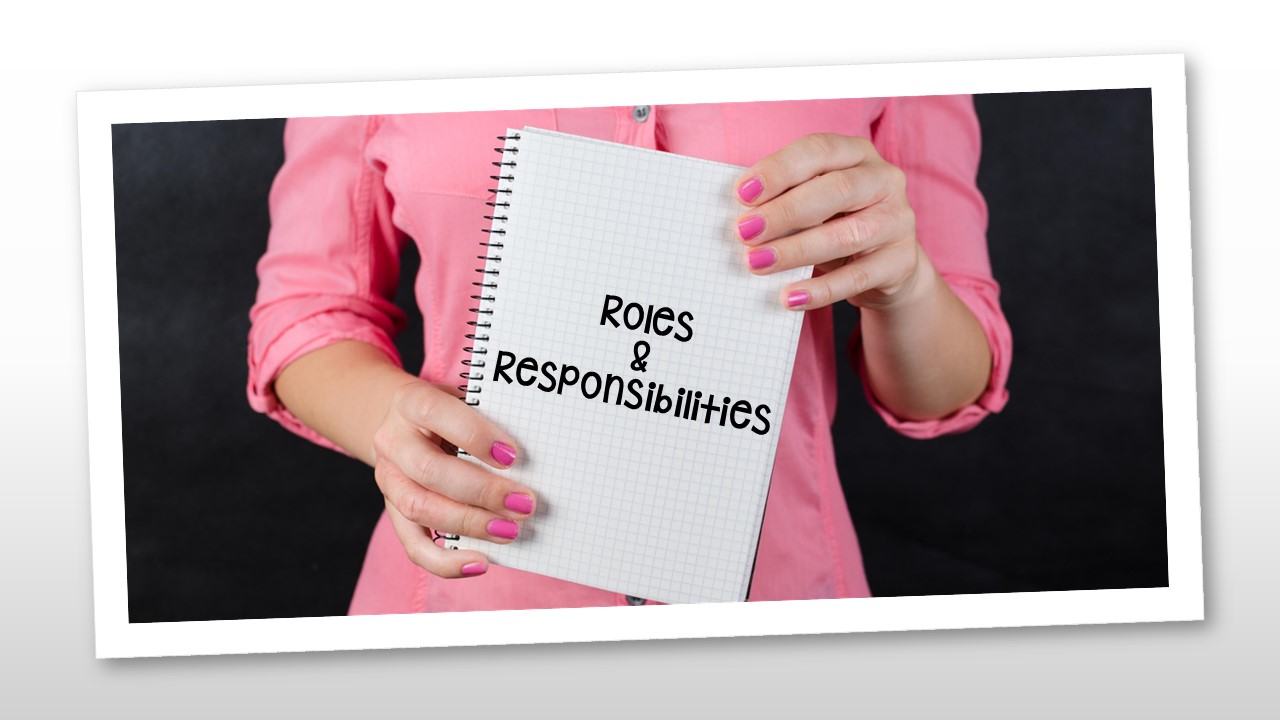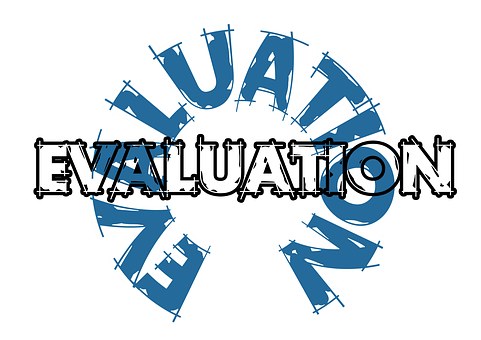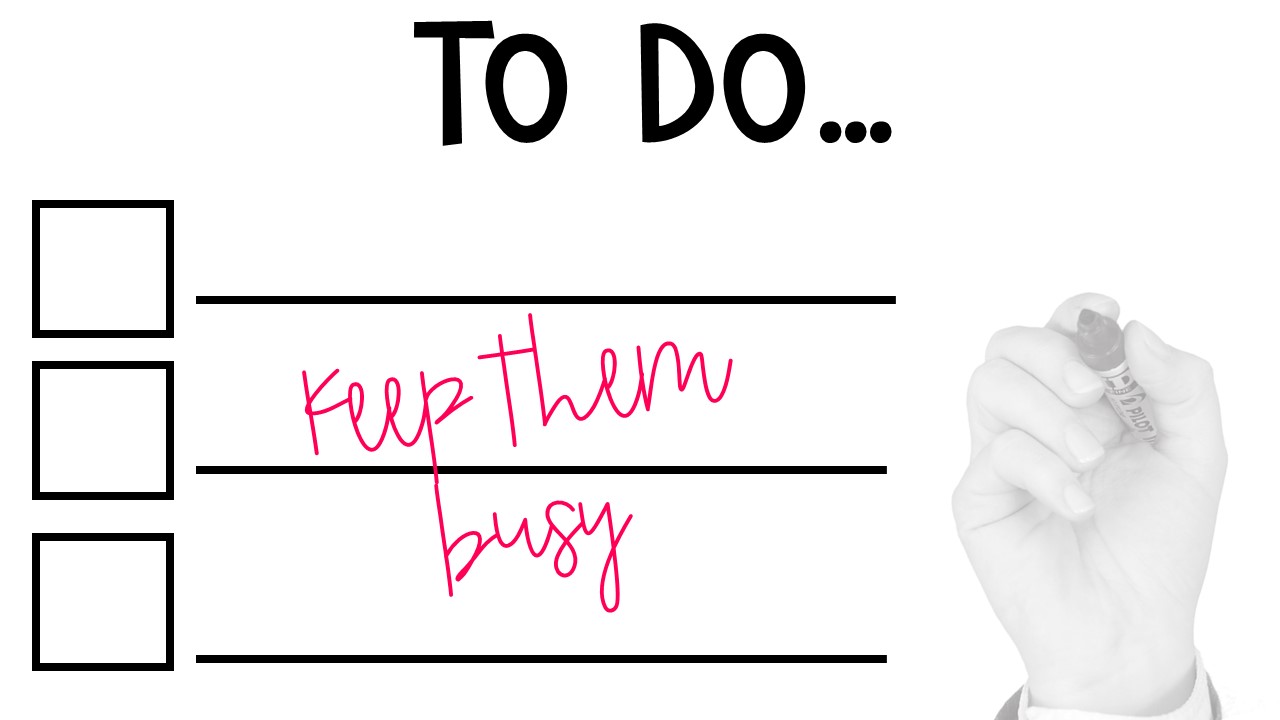Want to know the secrets to a running a highly successful special education department? Highly successful paraprofessionals.
If you are anything like me, you didn't realize when you went to college to be a special education teacher that you would wind up being a BOSS straight out of the gate. It's not something I received any training on. Sure I knew I would have paraprofessionals in my classroom, but I didn't sign up to be in charge of adults...I just wanted to teach children.
It took years for me to learn this but Paraprofessionals are the glue that holds everything together in a successful special education department. It's true. I’m not lying. They are my saving grace Every. Single. Day. We work as a team to make sure everything runs smoothly. We laugh together. We cry together. And...well...sometimes we drink together.
But friends, this TEAM I speak of... It doesn't just happen by chance. You have to be deliberate in making it happen. A strong team is not developed overnight. It is built over time with respect and value of all the paraprofessionals in your classroom. It is built with open and honest communication. It is built by clearly communicating your expectations in a professional yet loving manner.
But HOW??
Ok...you get it. Building a team is important. But, if you’re anything like me, you are still asking yourself...How? How do I even start to build a team?
I’m so glad you asked. I have been doing this Boss thing for a long time and I have made countless mistakes. I’ve let issues go that needed addressed just because I didn’t want to deal with it. I once let a para completely re-organize my cabinets because she didn’t like the way I organized and I didn’t have the guts to stand up to her. I have let negativity seep into my department by not clearly communicating. So one summer, I made a commitment to myself that I would not go through another school year without taking intentional action. I developed a plan of how I wanted my year to go and guess what? It was Amazing! One of the very best years I’ve had with paras. So let’s break it down into 10 easy to follow steps.


Step 1: Clearly communicate your expectations
This is #1 for a reason. If you do not clearly communicate your expectations from day 1, things can get off track in a hurry. I have very high expectations for my paras, yet they are not unreasonable or difficult to follow. I suggest you write all your expectations down on paper, go over them before a para is hired and ask if they feel they will be able to meet these expectations. Once they begin work, review your expectations again and have them sign off on each one. Review them as necessary and use the documentation during evaluations or when problems arise.
Step 2: Define Roles & Responsibilities
Everyone wants to know their responsibilities in a job. The roles and responsibilities of the teacher versus a paraprofessional should be clearly explained at the beginning of a working relationship and visited again if those roles get confused. Give the paras a written document defining the duties the para MAY perform and the duties they MAY NOT perform. This helps to develop an open line of communication for when roles get confused.


Step 3: Give them a place to call home
Doesn’t everyone want to feel as though they belong in the space in which they work? Paraprofessionals often feel less important because they don’t have a desk or a designated area to call home. Create a space within your classroom that they can call home and where they can leave their purses, coffee and notebooks. Use whatever works for your space...a spare teacher or student desk, a closet, bookshelf or cubbie.
Step 4: Provide them lesson plans
Paraprofessionals, while they are highly important, are not teachers. They have not received the training you have to write lesson plans, nor are they knowledgeable about the ins and outs of an IEP. It is your job to provide them with the specific lesson plans of each child or group of children they work with. This includes any specific behavior plans. Write them and give to them in advance so they have time to look over them and ask any questions.


Step 5: Provide them with Training
Paraprofessionals, while they are highly important, are not teachers. They have not received the training you have to write lesson plans, nor are they knowledgeable about the ins and outs of an IEP. It is your job to provide them with the specific lesson plans of each child or group of children they work with. This includes any specific behavior plans. Write them and give to them in advance so they have time to look over them and ask any questions.
Step 6: Evaluate their performance
Everyone needs to know how they are performing at their job. Paras are no different. Some districts have specific requirements/forms for evaluating classified staff, but in my opinion paras need to be evaluated a lot more often than once a year. In my department, we evaluate once every 9 weeks and more often if there is an issue that needs addressed. We use a rubric created specifically for special education paras. It allows regular classroom teachers to have input on performance in an inclusive setting.


Step 7: Give Feedback
It is not enough to evaluate someone and give them a sheet of paper. Paras need specific feedback about what is going well and what needs improved upon. There needs to be opportunities for dialogue about how things are going, what training needs they may have or schedule conflicts that might have come up. Communicating on a regular basis is a hughe key in having an effective team approach.
Step 8: Value their input
Paraprofessionals, while they are very important, are not teachers. They have not received the training you have received to write lesson plans, nor are they knowledgeable about the ins and outs of an IEP. It is your job to provide them with the specific lesson plans of each child or group of children they work with. This includes any specific behavior plans. Write them and give to them in advance so they have time to look over them and ask any questions.


Step 9: Give them choices
At the beginning of every school year, I have my paras complete a survey asking for input on what types of things they like to do and what things they shy away from. For example, not everyone likes going on field trps. Some paras have no problem with toileting and vomit which others would rather not engage in those tasks. Younger students might be somebody’s jam while the older kids scare the heck out of them. I know...I know...It’s not always possible to make everyone happy all the time, but letting them have little wins helps create a sense of Team which goes a long way in having a productive working environment.
If you only have 1 para, being a team player yourself will help build trust. Never ask your paras to do something you are not willing to do yourself.
It is not enough to evaluate someone and give them a sheet of paper. Paras need specific feedback about what is going well and what needs improved upon. There needs to be opportunities for dialogue about how things are going, what training needs they may have or schedule conflicts that might have come up. Communicating on a regular basis is a hughe key in having an effective team approach.
Step 10: Keep them busy
I cannot stress this enough! I am not a chit-chatty kind of person. I’m the kind of person who intentionally stays away from work rooms and other locations where teachers gather to gossip. I have found when paras don’t have enough things to keep them busy, they end up visiting with other paras or teachers within the building and this creates a breeding ground for negativity and provides opportunities for confidentiality to be broken. I make it an expectation that if a teacher doesn’t need them for whatever reason, that they are to check in with me to see what can be done. Have a back-up plan of what your paras are expected to do during down time.




